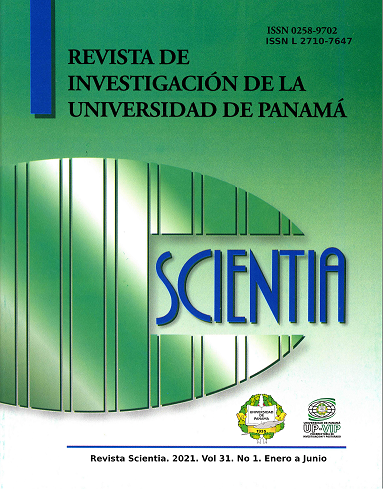

Macro-fungi have a large number of interesting biotechnological properties making them an important biotic resource for society. The objective of this work was to cultivate macro-fungi with edible and medicinal potential in vitro. Twenty six (26) samplings were made: Parque Natural Metropolitano (15), Parque Nacional Soberanía (7) and The Campus of the University of Panama (4). A total of 249 specimens were found. The collections of these fungi were carried out in rainy season, from July to December 2019. Petri dishes with AEM Agar were used for cultivation at 27°C for 48 h in darkness. From the reviewed macro-fungi, 7 orders, 17 families, 25 genera and 16 species were determined. The most frequently species were Cookeina speciosa and Trogia cantharelloides. A total of 101 specimens were successfully cultured and preserved using the sterile distilled water suspension method. According to scientific literature review of the specimens collected, 41.58% were classified as medicinal, 27.7% as edibles and medicinal, 23.72% without records of properties of interest to the study and 6.9% in the category of edibles.
Culture collections are an effective method of ex situ conservation of biodiversity and represent an important strategic and economic element for the development of biotechnological and biomedical scientific research. This research contributed toward these goals with macrofungi of Panama.